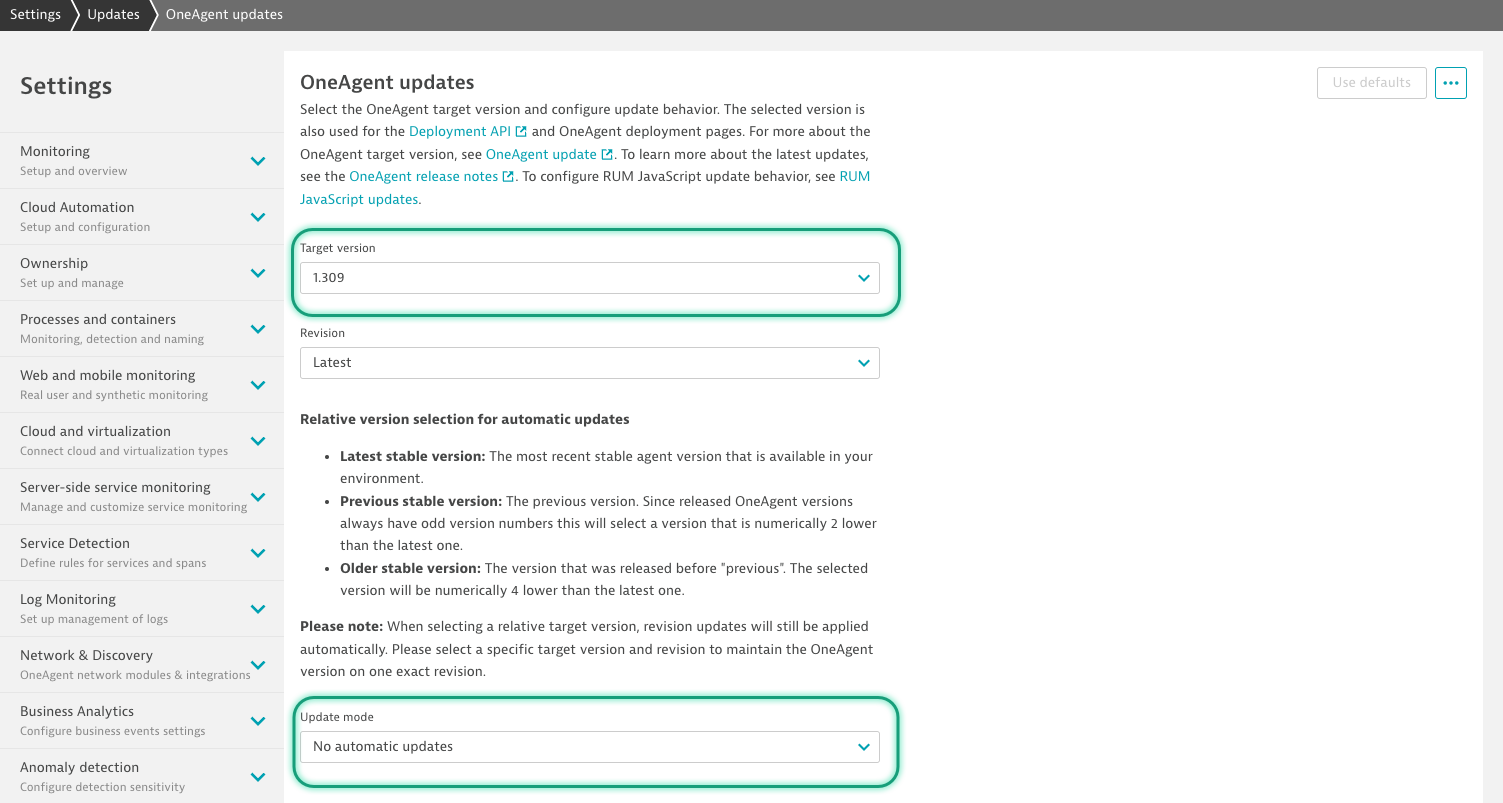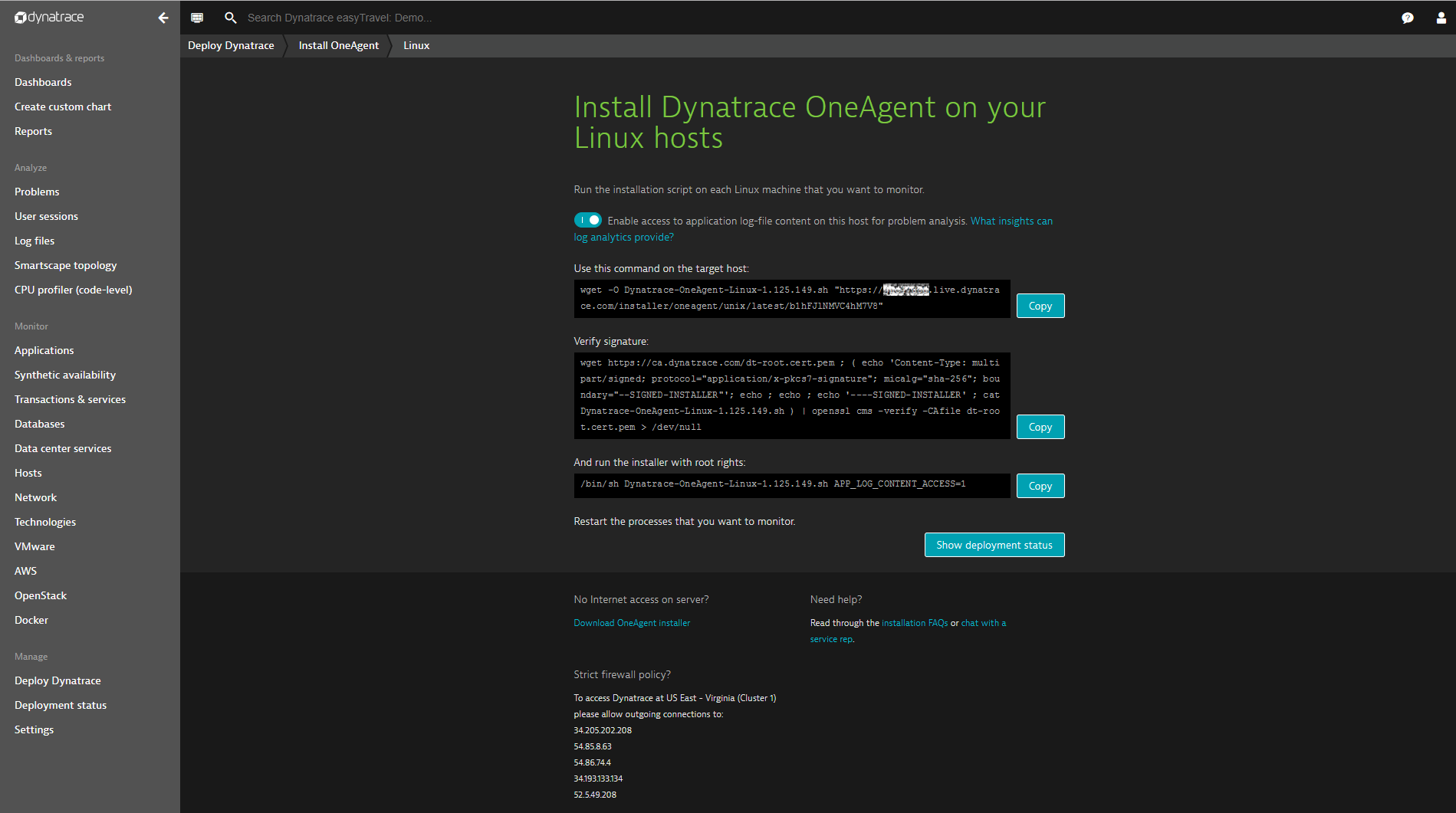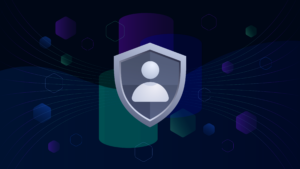One of the great things of platform-as-a-service environments like Cloud Foundry, Azure, or OpenShift is their ability to automatically scale your applications. For instance, you can add more application instances to handle increased traffic and demand. However, with application instances spun up and down automatically in your production environment you need to ensure that your dynamically created application instances conform to what has been tested in your pre-production environment.
With this goal in mind, we’ve recently introduced a major enhancement to the Dynatrace OneAgent update mechanism. You can now control the target version of OneAgent that is automatically applied to all new hosts and applications that Dynatrace detects in your environment.
To specify the target version for new hosts and applications
- Go to Settings > Updates > OneAgent updates.
- In the Target version, select the OneAgent version that should be installed on all new hosts in your environment (for example, version 1.309). Note that the Dynarace Operator also respects the target version, so it’s applicable to all new Kubernetes nodes and workloads.
Note: You can set the target version at the environment level, as well as for individual hosts or host groups. This will enable you to control auto-updates on single hosts or among hosts in a group.

This enhancement allows you to control the version of OneAgent that is used to monitor new hosts detected in your environment.
This applies automatically to Cloud Foundry or Azure application instances that are created to handle load spikes. The specified OneAgent target version is also used if you restart any Cloud Foundry or Azure applications.
Note: The OneAgent target version feature is not limited to Dynatrace PaaS integrations. The specified version is applied to all your hosts and used when installing Dynatrace OneAgent on your hosts.






Looking for answers?
Start a new discussion or ask for help in our Q&A forum.
Go to forum